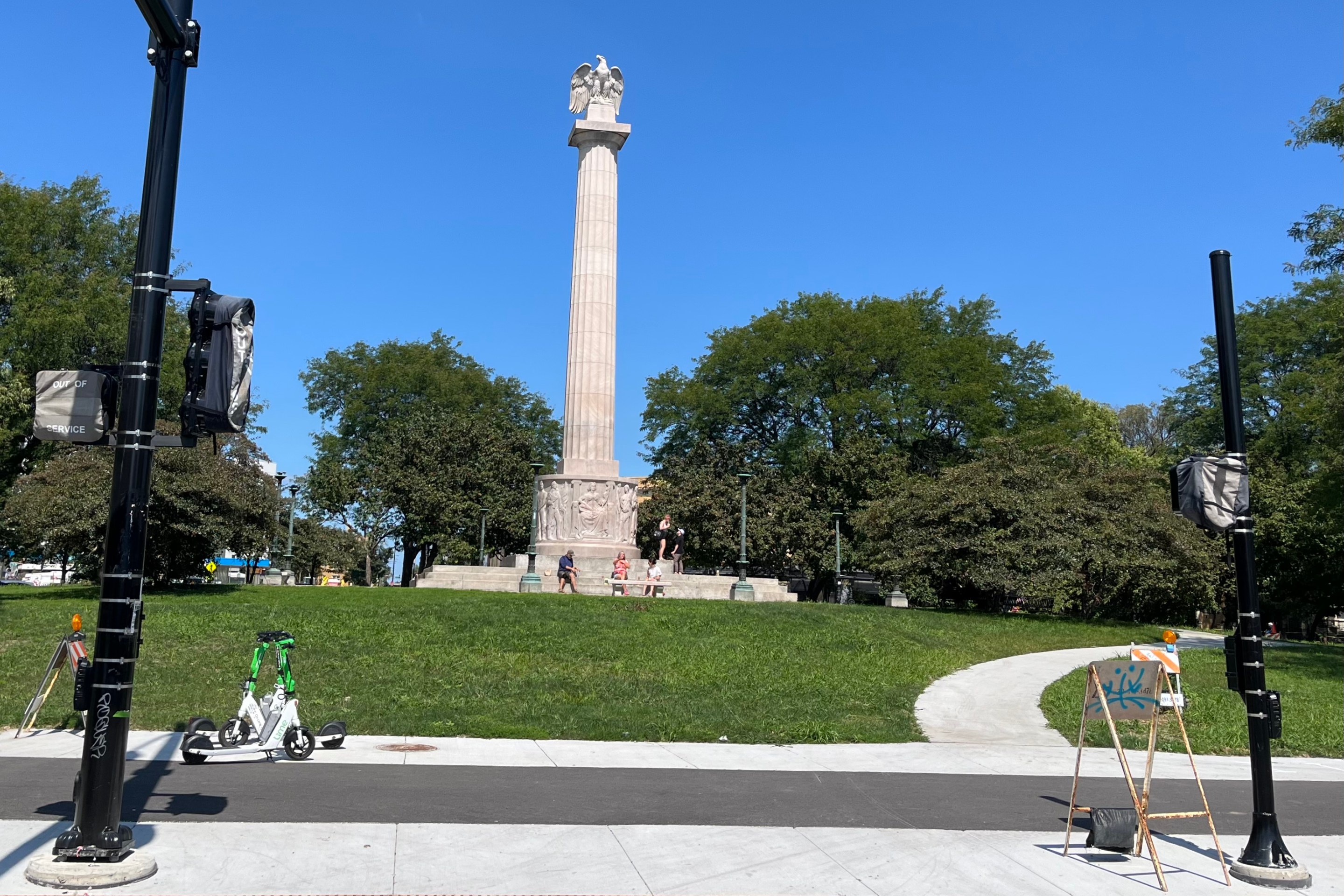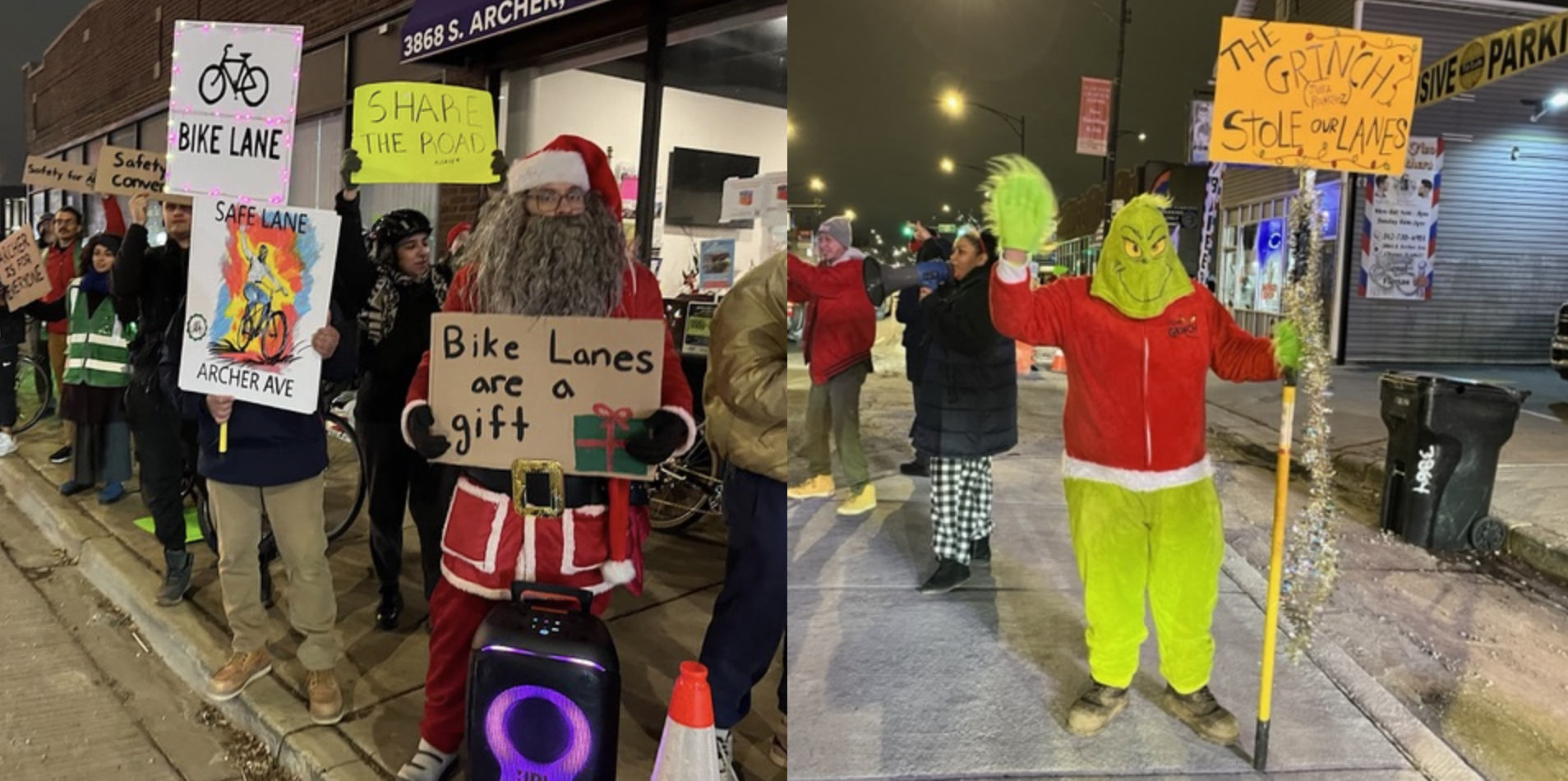There's excitement brewing over a couple of big changes coming to downtown Hartford, Connecticut, that could bring back some of the vitality that's been lost over the years. The area is preparing for a new campus of the University of Connecticut as well as a minor-league baseball stadium.

Joseph Cutrufo at Mobilizing the Region says some locals are already asking whether parking will be a hindrance. It will, he says, just not the way they're thinking:
Dr. Norman Garrick of the University of Connecticut’s Center for Transportation and Livable Systems found that Hartford’s downtown parking supply has tripled since 1960, and since then Hartford’s fortunes have fallen. According to Dr. Garrick, “Over the period that parking was being increased by more than 300 percent, downtown was losing more than 60 percent of its residential population, and the city as a whole lost 40,000 people and 7,000 jobs.”
Unfortunately, it seems few lessons have been learned from this research. At least one person thinks the lack of on-site parking at the new UConn campus is enough of a reason to “rethink its plans to move its Greater Hartford campus from West Hartford” where there’s on-site parking. And Hartford Courant columnist Jeff Jacobs called parking “a vital part of the minor league experience,” emphasizing the importance of cheap parking and easy vehicular access to the new stadium, which the City plans to build near the intersection of Interstates 84 and 91.
There is hope, however, to roll back the City’s overreliance on parking as an economic development strategy. By the time UConn-Hartford and the new stadium open,CTfastrak bus rapid transit service will already be running between Hartford and New Britain, the much touted iQuilt Plan, which hopes to improve connectivity in the City with better walking and biking infrastructure, will be close to full implementation, and commuter rail will be running between New Haven, Hartford and Springfield.
If Hartford is serious about becoming more “culturally vibrant, environmentally sustainable, and economically prosperous,” then it has to be more than just a great place to store an empty vehicle. Eliminating mandatory parking requirements for downtown restaurants and launching a study to determine how to get rid of some surface parking lots was a good start. The next step is to leverage these new investments in transit -- which will do more for street activity downtown than relocating a university or baseball team -- by providing incentives to develop and preserve residential and commercial real estate in downtown and around transit stops instead of subsidizing parking.
Elsewhere on the Network today: FABB blog reports that a new law in West Virginia will require drivers to honk when they're passing cyclists. And Walkable Dallas Fort Worth says planners should devote more energy to helping people live and work in accessible locations, and less energy to helping people travel to inaccessible locations.



